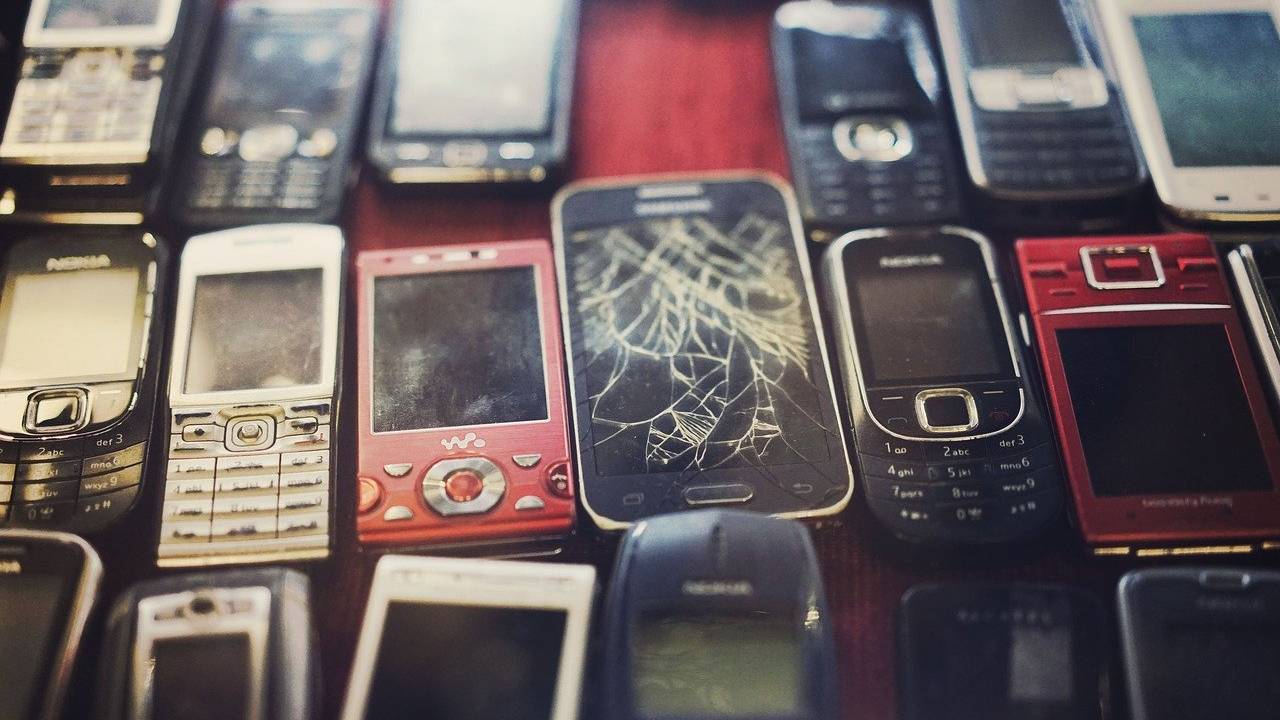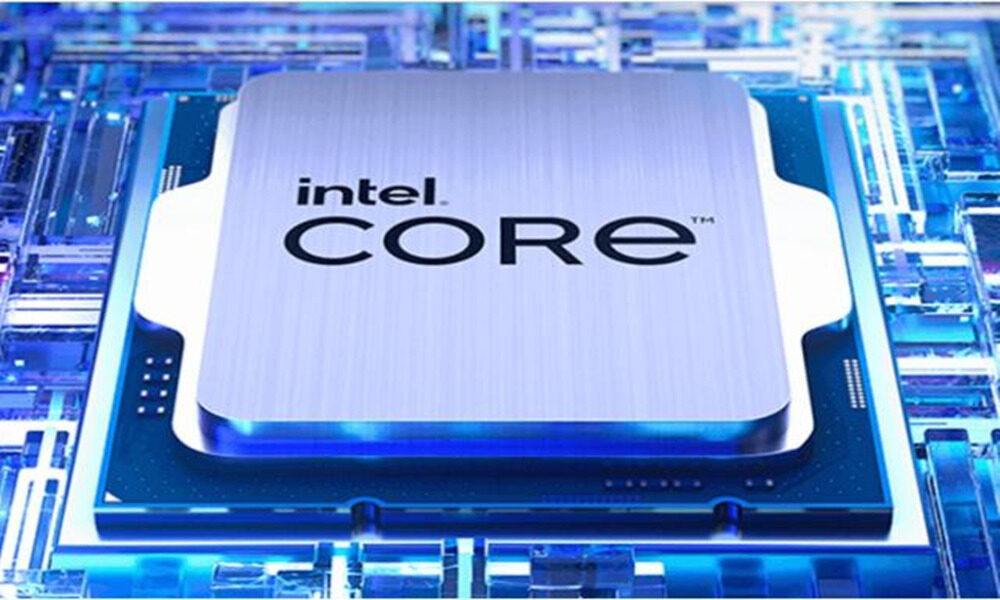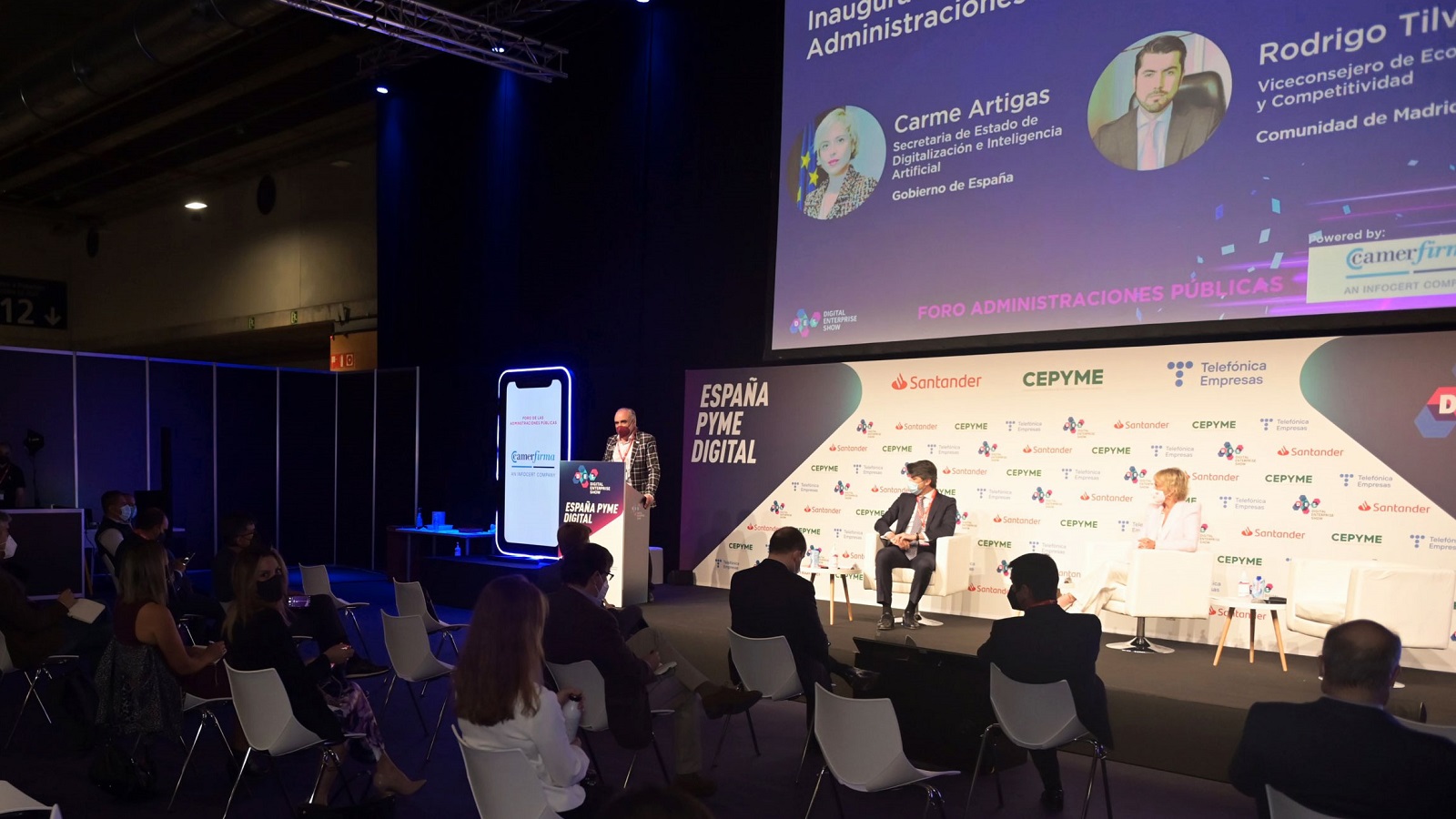
Of the companies that claim to have implemented technology for sustainability purposes, 31% confirm that they are solutions to reduce or eliminate waste — which directly contributes to the so-called circular economy. In the region, 32% already have financial contributions specifically aimed at the circular economy.
This is what the study “Sustainability in the Agenda of Latin American Leaders” points out, carried out by SAP with more than 400 companies, with the aim of studying investments in ESG initiatives.ANDnvironmental, ssocial and corporate Governance; or environmental, social and corporate governance in free translation) in the region. In all, the number of companies interested and with initiatives of the type effectively implemented grew by 26% in 2022.
Also according to the study, Brazil is the country in the region with the highest number of companies that managed to implement sustainability strategies: 68%, or a number 26 percentage points above the number recorded for 2021, when only 42% claimed to have implemented sustainable policies. .
This means that Brazil has almost 7 out of 10 companies with sustainability strategies already in place — a milestone for the region.
The main objective of these investments is “to generate positive economic, environmental and social impacts for the planet, with a special focus on the areas of climate action, circular economy, social impacts and integrated reporting”, said Adriana Aroulho, president of SAP Brazil, in communiqué.
When specifically analyzing Brazil, the country stands out for being the one that recorded the highest number of companies with implemented sustainability strategies: 68% of the interviewees have processes of the type in operation and 35% of the companies plan to increase their investments in sustainability.
The circular economy, in this context, emerges as one of the main initiatives (and one of the latent concerns of common users as well) aimed at preserving the environment and correct disposal of electronic waste.
It, in short, is the ability to make returnable or reusable consumer goods — which, for technology users, means knowing approximately how long electronics will last, whether they can be reused, or whether the use of devices and gadgets can be shared or maximized.
Reuses: individual and community initiatives for circular economy
A very simple idea that contributes directly to the circular economy is the sharing and passing on of less used electronic and computer products. This is the application proposal reuses — still in beta, which encourages individual and community initiatives to better manage these items.
“The app works through ‘tribes’. Thus, it is possible to have a group of gamers, for example, who share consoles and schedule to play together, or exchange items”, explains Ulisses Campos, creator of the platform.
“Today we already have a bike-sharing group in a condominium: anyone who wants to use a neighbor’s item, marks it in the app”, completes the executive, explaining that in the future the idea is to insert the possibility of remunerating those who make the loan, as happens with traditional rental systems.
Another problem that Reuses combats is the disposal of electronic items. Currently, Brazil is the fifth producer of e-waste in the world — also called RAEE, an acronym for Waste from Electronic Devices. The idea is that anyone who wants to discard an old monitor, for example, can advertise it on the app and recycling partners can be appointed to collect and dispose of it correctly.
According to the report “The Global E-waste Monitor 2020”, Brazil generated more than 2 million tons of e-waste in 2019, second only to China (10.1 million tons), the USA (6.9 million tons). tonnes), India (3.2 million tonnes) and Japan (2.5 million tonnes). Also according to the report developed by the United Nations University, less than 3% of e-waste was recycled in Brazil.
Brazil is the fifth global e-waste producer, generating more than 2 million tons in 2019 – Image: andreahuyoff/Pixabay
Manufacturers are already eyeing the circular economy and companies like Samsung are already planning to incorporate usage routines into apps like Smart Things. The idea is to get the user to save energy, make the device last longer and be able to dispose of it correctly when the device reaches the end of its useful life.
Another trend that grew a lot with the economic crisis caused by the pandemic was the purchase of Open Box products. This is the term used to identify products in perfect condition, but which have been returned by other customers and, as the box has already been opened (which is literally what “Open Box” means), it is no longer possible to consider the item as new – even if it is, well… brand new. Most products were not even turned on for the first time.
And you, do you have new ideas on how to enjoy or share your electronics? Tell your story in the comments — we want to know!



